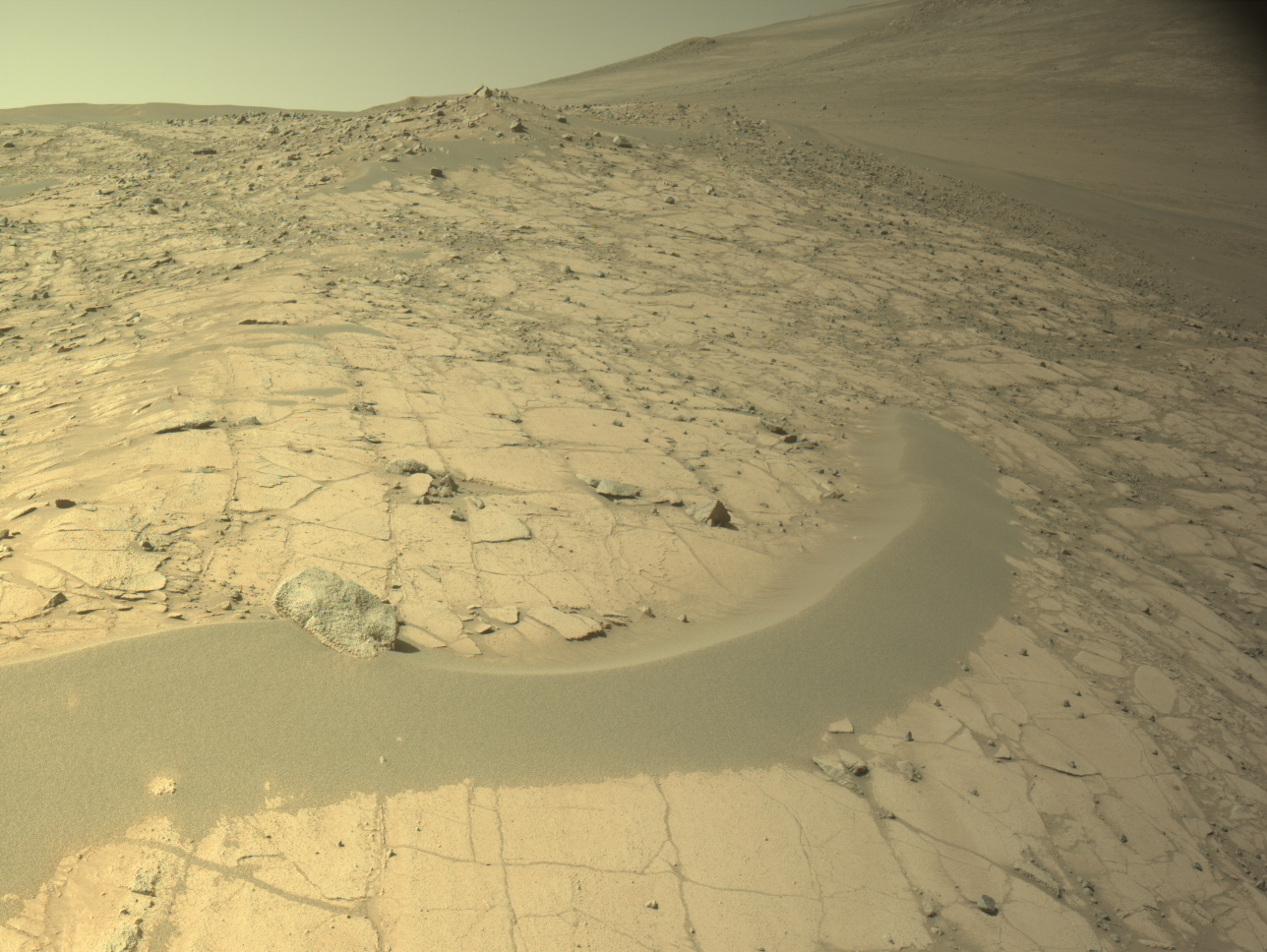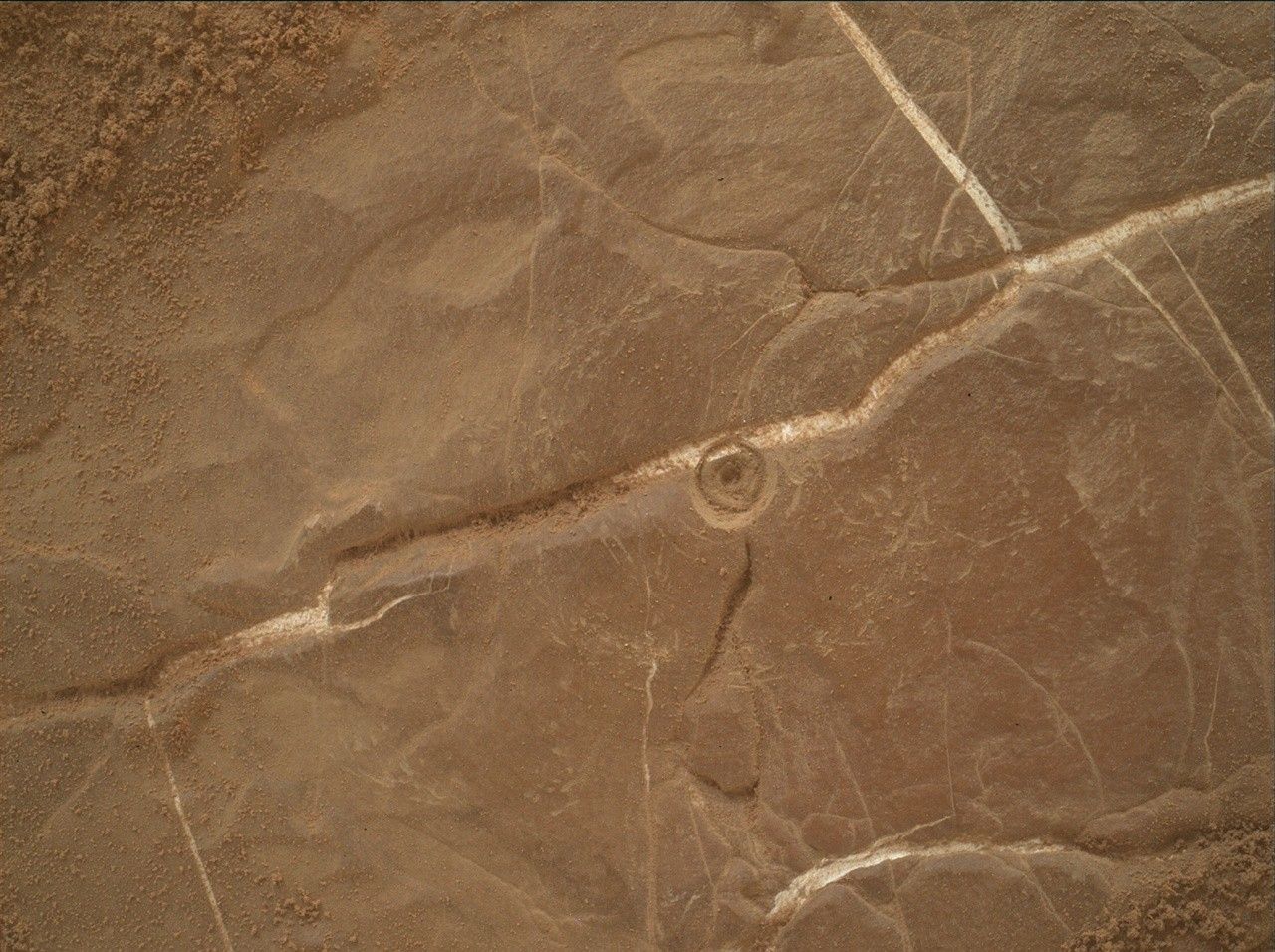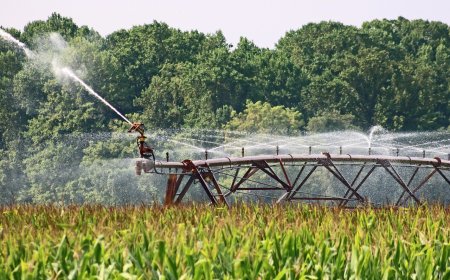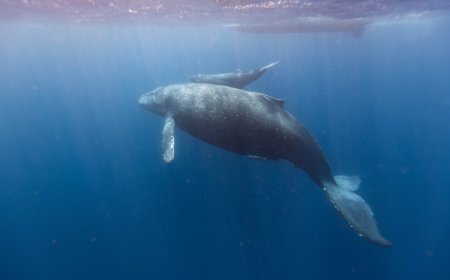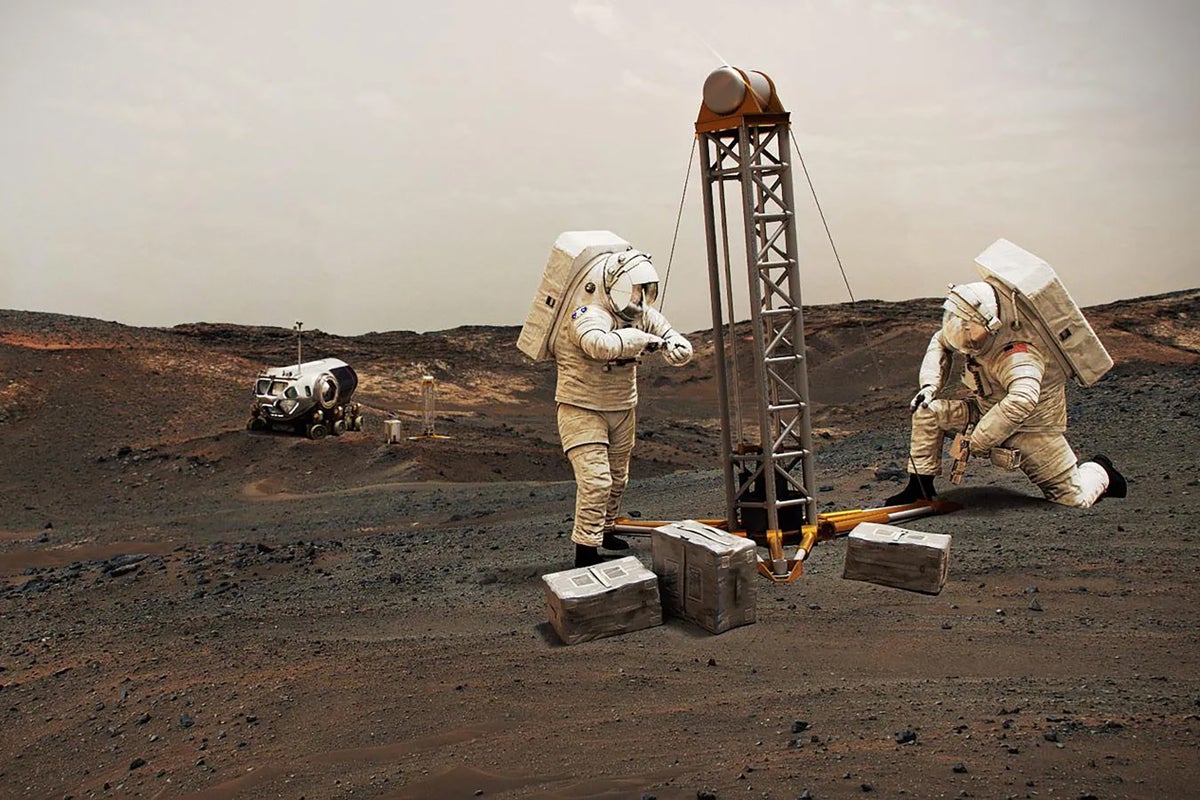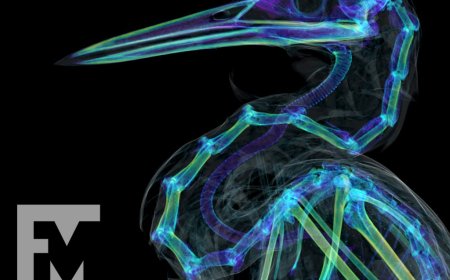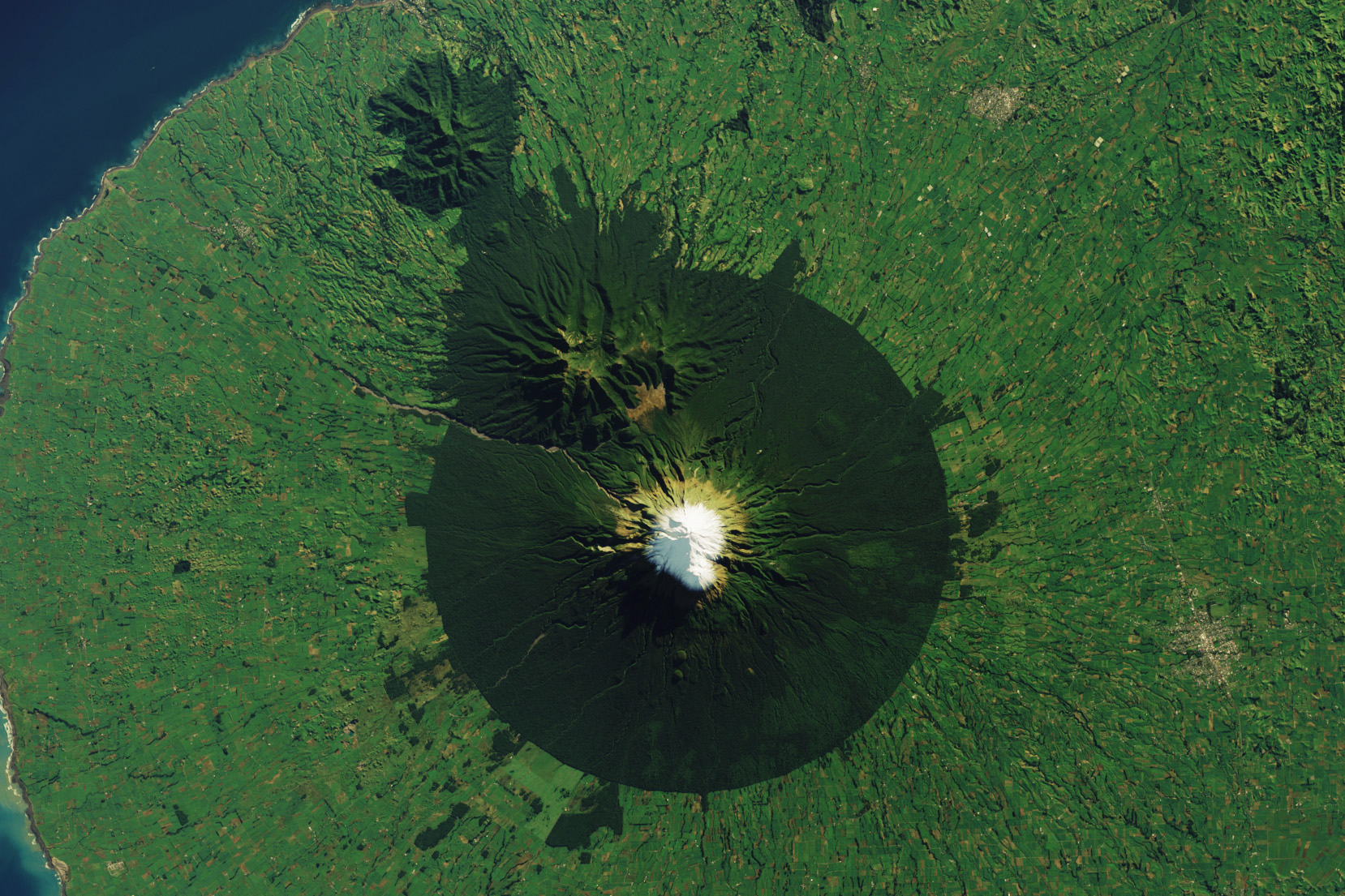NASA Shares Space Food Insight with Commercial Food Industry
NASA recently welcomed more than 50 commercial food and commercial space companies to learn about the evolving space food system supporting NASA missions, including unique requirements for spaceflight, menu development, and food provisioning – essential elements for human spaceflight and sustainable living in space. The event, held at the agency’s Johnson Space Center in Houston, […]
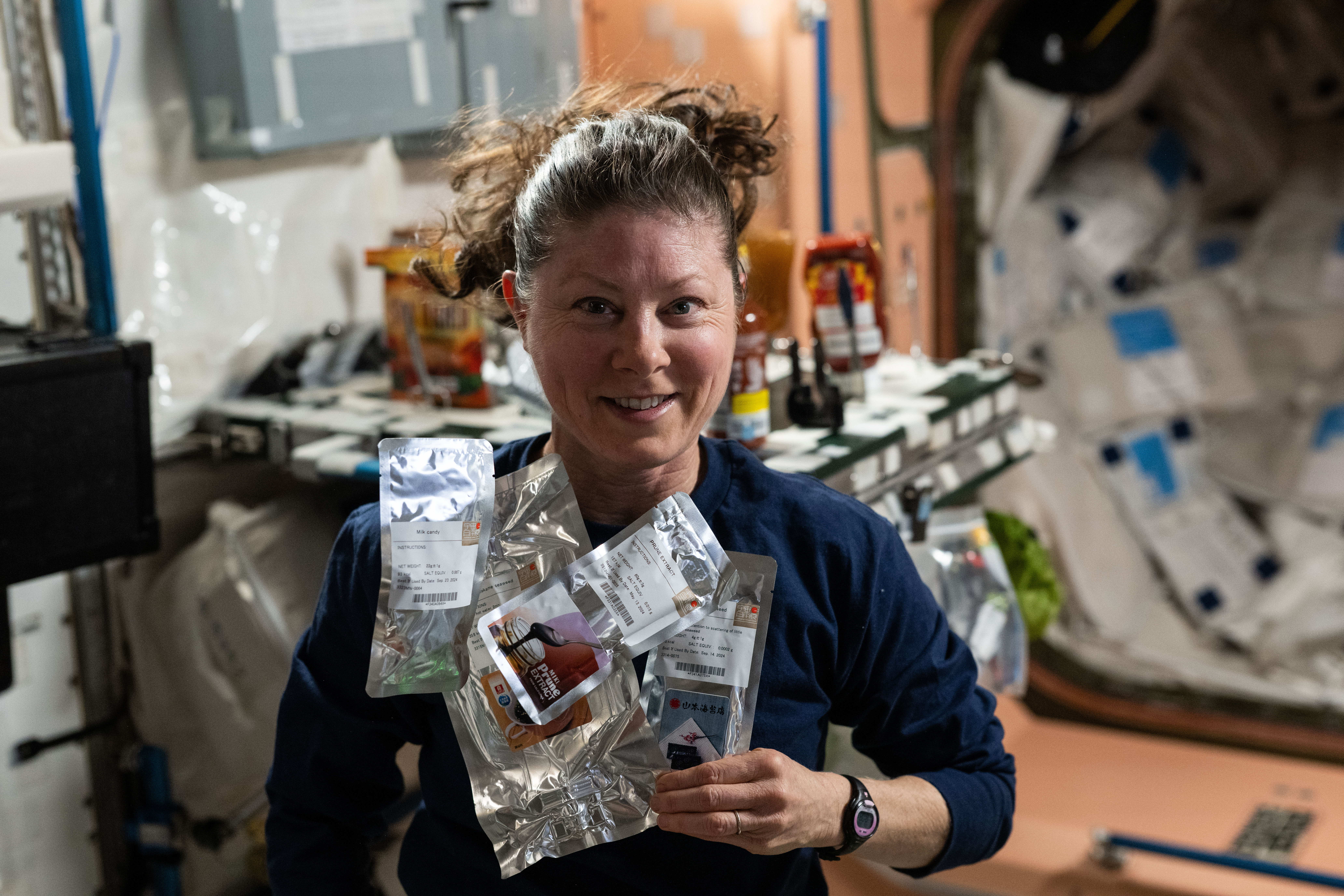
NASA recently welcomed more than 50 commercial food and commercial space companies to learn about the evolving space food system supporting NASA missions, including unique requirements for spaceflight, menu development, and food provisioning – essential elements for human spaceflight and sustainable living in space.
The event, held at the agency’s Johnson Space Center in Houston, brought together private industry leaders, NASA astronauts, and NASA’s space food team to discuss creative solutions for nourishing government and private astronauts on future commercial space stations.
“The commercial food industry is the leader in how to produce safe and nutritious food for the consumer, and with knowledge passed on from NASA regarding the unique needs for space food safety and human health, this community is poised to support this new market of commercial low Earth orbit consumers,” said Kimberlee Prokhorov, deputy chief for the Human Systems Engineering and Integration Division at Johnson, which encompasses food systems work.
Experts from NASA’s Space Food Systems Laboratory shared the unique requirements and conditions surrounding the formulation, production, packaging, and logistics of space food for enabling the success of commercial low Earth orbit missions. Attendees heard astronaut perspectives on the importance of space food, challenges they encounter, and potential areas of improvement. They also tasted real space food and learned about the nutritional requirements critical for maintaining human health and performance in space.
“By bringing together key players in the commercial food and space industries, we were able to provide a collaborative opportunity to share fresh ideas and explore future collaborations,” said Angela Hart, manager for NASA’s Commercial Low Earth Orbit Development Program at Johnson. “Space food is a unique challenge, and it is one that NASA is excited to bring commercial companies into. Working with our commercial partners allows us to advance in ways that benefit not only astronauts but also food systems on Earth.”
As NASA expands opportunities in low Earth orbit, it’s essential for the commercial sector to take on the support of space food production, allowing the agency to focus its resources on developing food systems for longer duration human space exploration missions.
NASA will continue providing best practices and offer additional opportunities to interested commercial partners to share knowledge that will enable a successful commercial space ecosystem.
The agency’s commercial strategy for low Earth orbit will provide the government with reliable and safe services at a lower cost and enable the agency to focus on Artemis missions to the Moon in preparation for Mars, while also continuing to use low Earth orbit as a training and proving ground for those deep space missions.
Learn more about NASA’s commercial space strategy at:
https://www.nasa.gov/humans-in-space/commercial-space/
What's Your Reaction?







